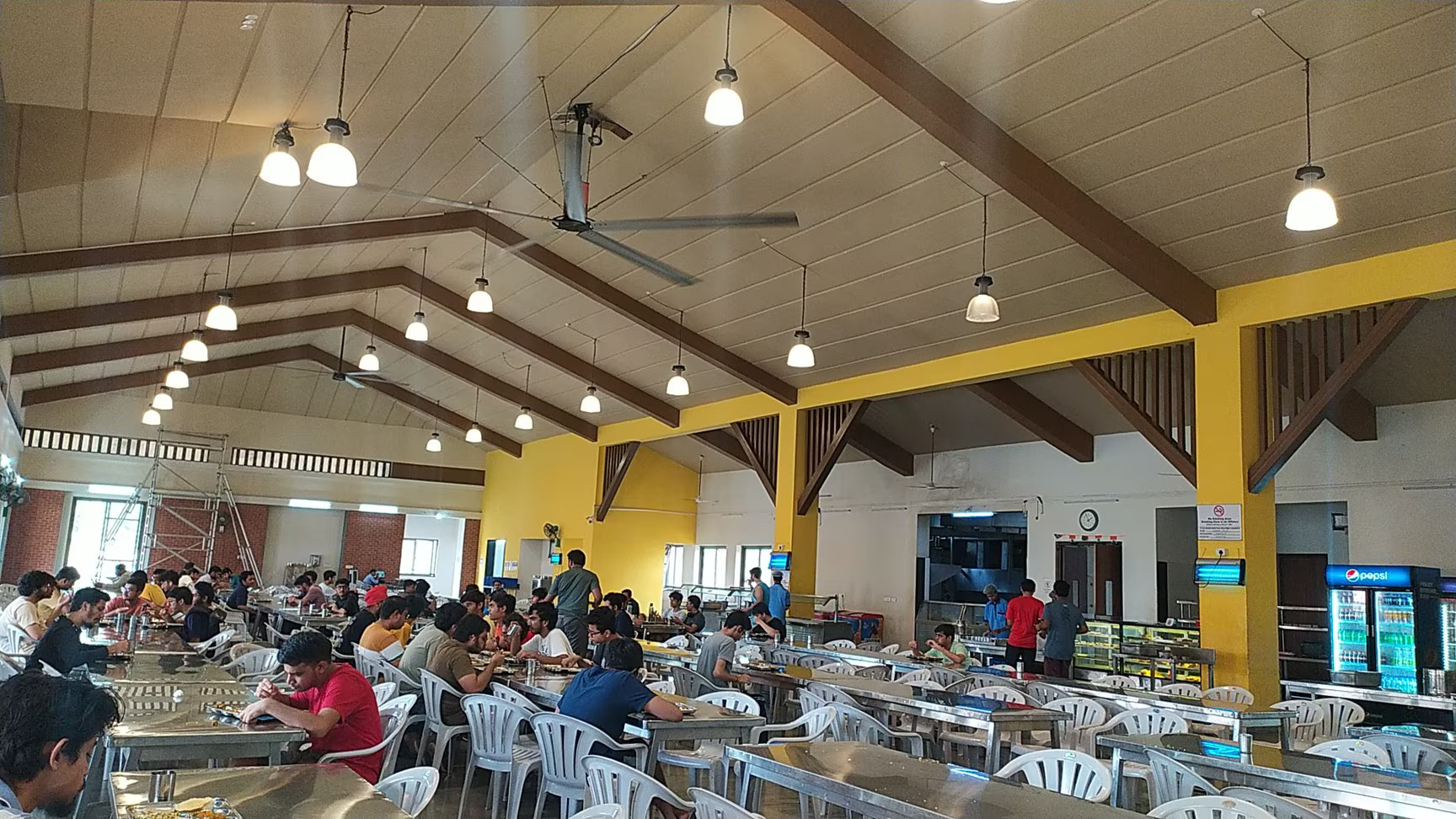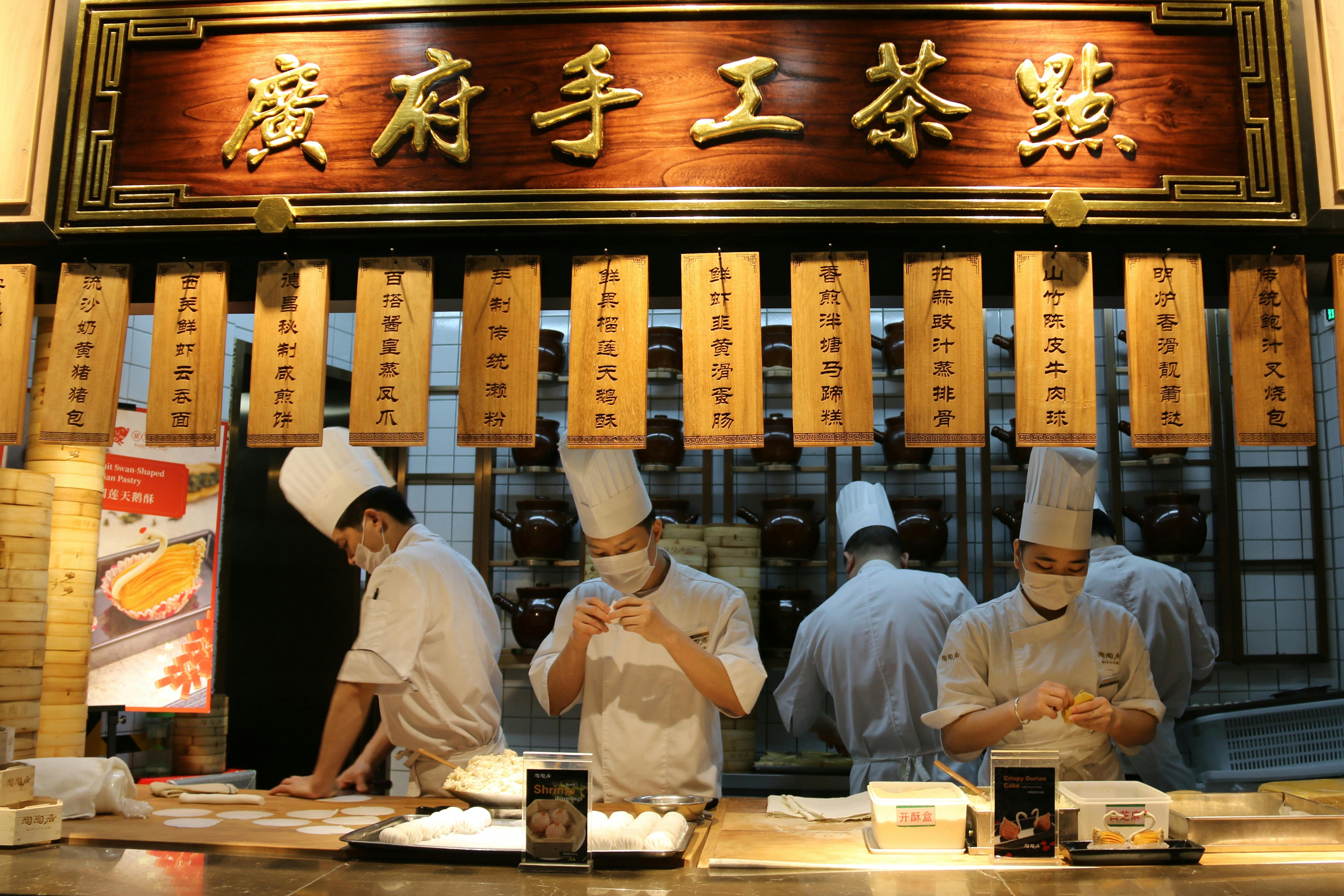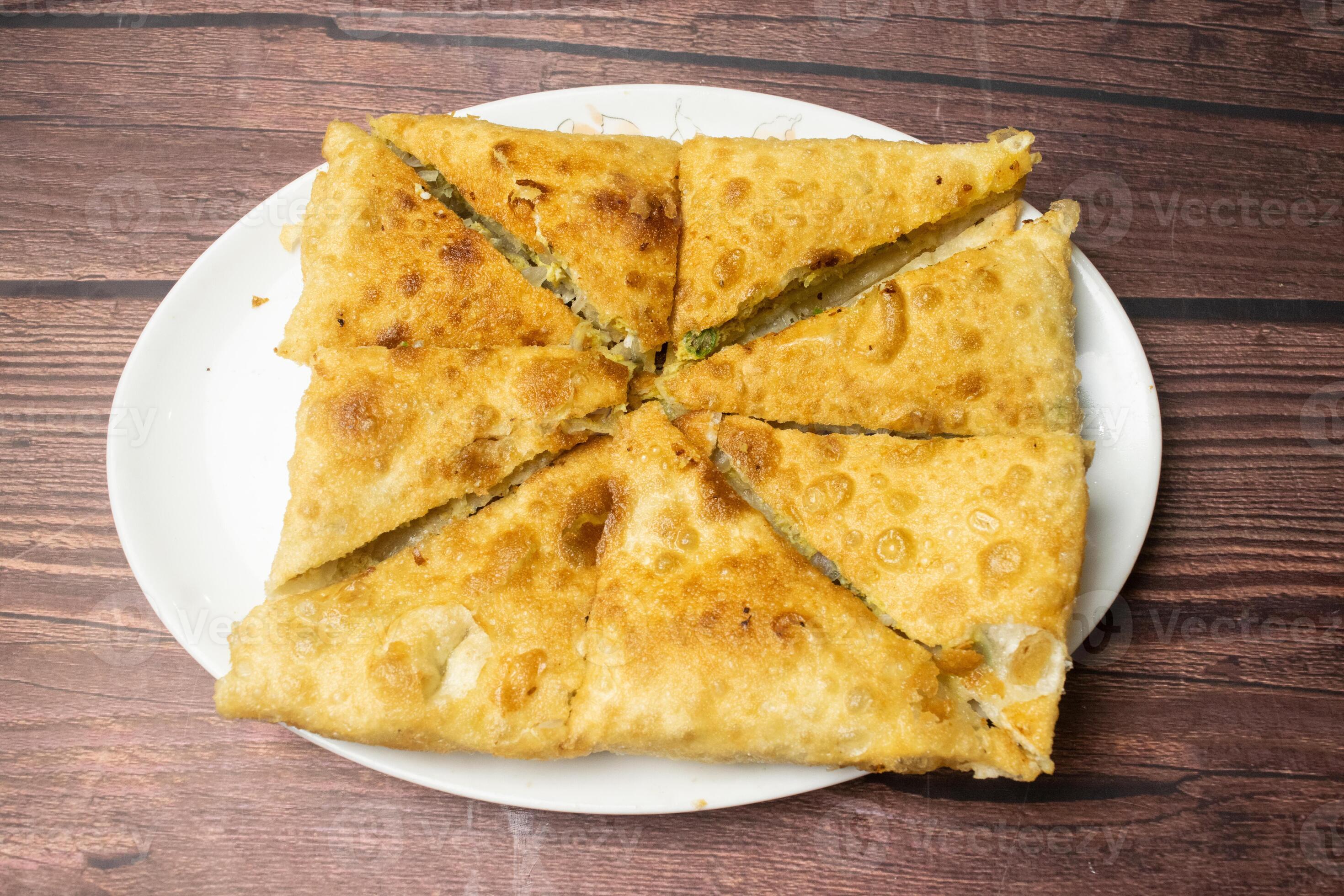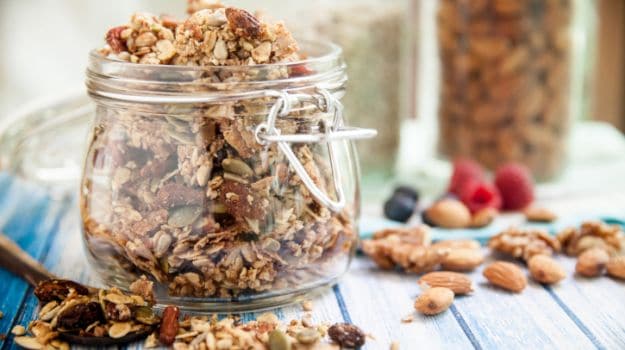Snacking is more like a habit; it could be for the good or bad. Most often, we don’t give much thought to the kind of snacks we are munching throughout the day. This is because our mind is occupied with the day’s various activities and when hunger strikes, we reach out for anything and everything that comes in plain sight. Whether it is a deep-fried samosa (which is always so readily available), sugar-glazed doughnuts, potato wafers, ghee-soaked stuffed parathas, instant noodles, etc. each one of them is a devil in disguise. And it is worst for our little ones, which is why it is even more important to keep a check on what they are snacking on.Unhealthy Snacking After Sports Training Leads to ObesityIt is observed that in early evening, a few hours before dinner, is when the nag for snacking is at its prime in kids. This is the time when they are done with their day’s activities and lunch has been a while back that the urge for a little indulgence kicks in. But this is also the worst time for them to fill up on snacks because that will make them skip dinner. So as parents, you need to make some smart choices here.
The Three Secrets to Snack SmartIf you are wondering how to make your child avoid eating unhealthy snacks in the evening, there is some good news. A recent study has found that high-protein afternoon snacks, particularly soy foods, reduce unhealthy evening snacking in teenagers, thereby preventing obesity.The findings showed that soy-protein snacks in the afternoon promote feelings of fullness and delays subsequent eating."Standard meals tend to go to the wayside for kids this age - particularly from mid-afternoon to late evening - and many of the convenient 'grab-and-go' snacks are high in fat and sugar," said lead researcher Heather Leidy, assistant professor of nutrition and exercise physiology at the University of Missouri."When kids eat high-protein snacks in the afternoon, they are less likely to eat unhealthy snacks later in the day, which is particularly important for kids who want to prevent unhealthy weight gain," Leidy explained.Unhealthy Snacking at Workplace Causes Diet FailuresMale and female adolescents between the ages of 13 and 19 who were classified as either normal weight or overweight participated in the study.The researchers assessed how snacking in the afternoon affected teenagers' appetite, drive to eat and food choices later in the day and whether these were different when the teens skipped eating snacks altogether."In addition to the appetite and satiety benefits, we found that when the teens ate the high-protein snacks, they incorporated more protein throughout the day and consumed less dietary fat," Leidy said. "In addition, we also found that the high-protein snacks improved certain aspects of mood and cognitive function," Leidy pointed out.The afternoon protein snacks used in the study were soy-protein pudding. Leidy said similar high-quality protein sources should elicit similar benefits.The findings appeared in the Journal of Nutrition.Inputs from IANS
The Three Secrets to Snack SmartIf you are wondering how to make your child avoid eating unhealthy snacks in the evening, there is some good news. A recent study has found that high-protein afternoon snacks, particularly soy foods, reduce unhealthy evening snacking in teenagers, thereby preventing obesity.The findings showed that soy-protein snacks in the afternoon promote feelings of fullness and delays subsequent eating."Standard meals tend to go to the wayside for kids this age - particularly from mid-afternoon to late evening - and many of the convenient 'grab-and-go' snacks are high in fat and sugar," said lead researcher Heather Leidy, assistant professor of nutrition and exercise physiology at the University of Missouri."When kids eat high-protein snacks in the afternoon, they are less likely to eat unhealthy snacks later in the day, which is particularly important for kids who want to prevent unhealthy weight gain," Leidy explained.Unhealthy Snacking at Workplace Causes Diet FailuresMale and female adolescents between the ages of 13 and 19 who were classified as either normal weight or overweight participated in the study.The researchers assessed how snacking in the afternoon affected teenagers' appetite, drive to eat and food choices later in the day and whether these were different when the teens skipped eating snacks altogether."In addition to the appetite and satiety benefits, we found that when the teens ate the high-protein snacks, they incorporated more protein throughout the day and consumed less dietary fat," Leidy said. "In addition, we also found that the high-protein snacks improved certain aspects of mood and cognitive function," Leidy pointed out.The afternoon protein snacks used in the study were soy-protein pudding. Leidy said similar high-quality protein sources should elicit similar benefits.The findings appeared in the Journal of Nutrition.Inputs from IANS
Advertisement
For the latest food news, health tips and recipes, like us on Facebook or follow us on Twitter and YouTube.
Tags:










